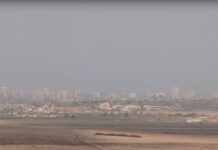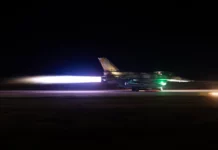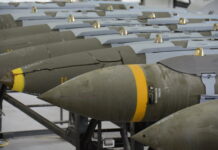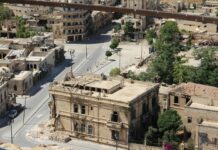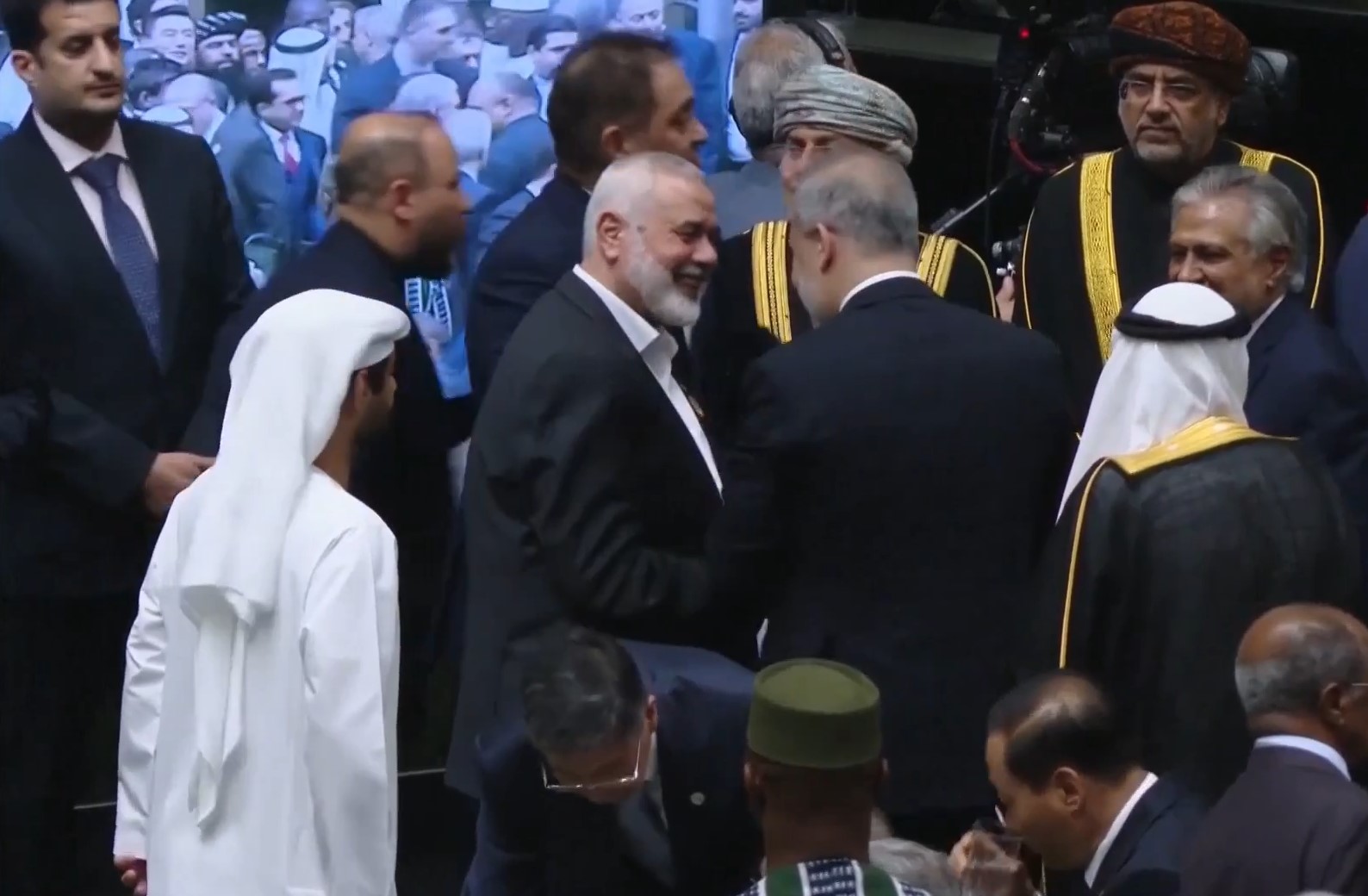
Middle East moves closer to the brink after assassination of Hamas leader in Tehran
Peter Felstead
Israel has moved closer to being on the brink of multi-theatre conflict following the assassination of Hamas political leader Ismail Haniyeh in the early hours of 31 July 2024.
That Haniyeh was targeted was not unexpected; in the wake of the Hamas-led terrorist attack on Israel 7 October 2023 Israel vowed it would hunt down all Hamas leaders. However, the nature of the assassination was more surprising: Haniyeh, along with one of his bodyguards, was killed in the Iranian capital, Tehran, when what has variously been described as an ‘air-launched projectile’ struck the house in which he was staying just hours after the Hamas leader had attended the inauguration of Iranian President Masoud Pezeshkian.
The presumed Israeli airstrike thus sent the dual message that the Israel Defense Forces can strike with impunity on Iranian territory and that the government of Israeli Prime Minister Benjamin Netanyahu has no interest in reaching a negotiated end to the war it is pursuing against Hamas in Gaza.
The attack can be also seen in light of the 27 July rocket attack by the military wing of Lebanon-based Islamist group Hezbollah on the Israeli-occupied Golan Heights, which killed 12 children from Israel’s Druze community, given that both Hamas and Hezbollah are controlled from and supported by Iran.
While the Israeli government did not comment on the assassination of Haniyeh, it did claim on 30 July to have conducted an “intelligence-based elimination” of senior Hezbollah commander Fuad Shukr in the Lebanese capital, Beirut.
Haniyeh’s assassination in Tehran not the first time Israeli forces have targeted their enemies on Iranian soil. In the past, for example, Iranian scientists associated with Iran’s nuclear programme have been killed in their own country. Previous assassinations, however, have not been designed to have such a deliberate impact.
In light of the killing a cacophony of calls for retribution came from Iran’s political leaders, who also blamed the United States as a ‘facilitator’ of Israel’s actions.
How the Iranian leadership might actually respond, however, is more difficult to see. Tehran has hardly ever attacked Israel directly; the only time it came in response to the 1 April 2024 Israeli attack on the Iranian consulate in Damascus that killed senior Quds force commander Brigadier General Mohammad Reza Zahedi and other high-ranking members of the Islamic Revolution Guards Corps. On that occasion Iran launched more than 300 bomb-laden unmanned aerial vehicles, cruise missiles and ballistic missiles at Israel, but chose to do so in a manner that was widely telegraphed.
The potential Iranian response to the airstrike on Haniyeh in Tehran is much less likely to be conducted in a similar way.
Hamas, meanwhile, has also stated that Haniyeh’s death will not go unanswered.





